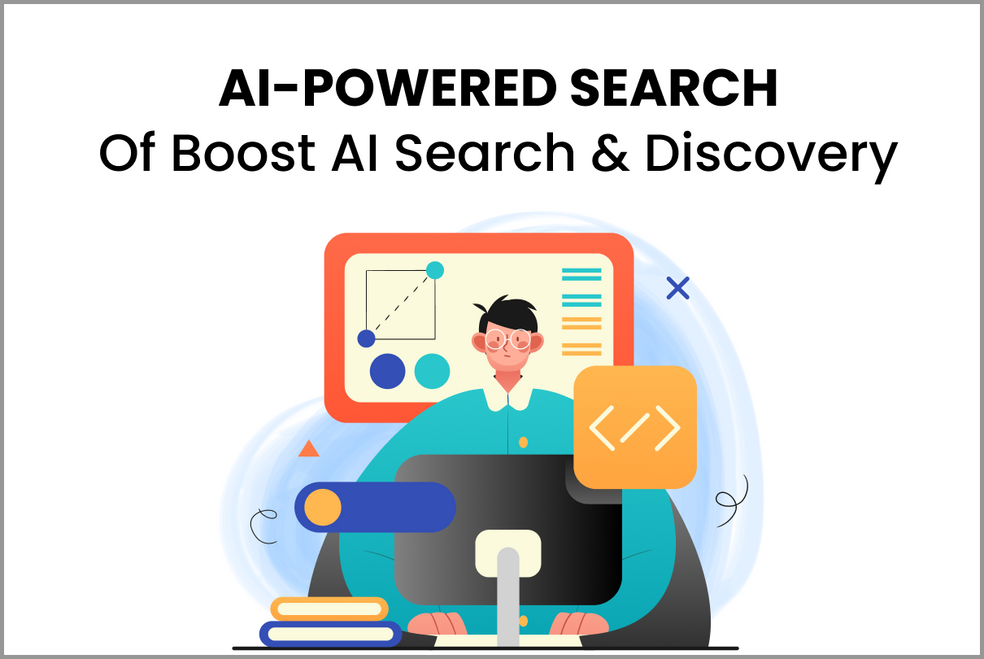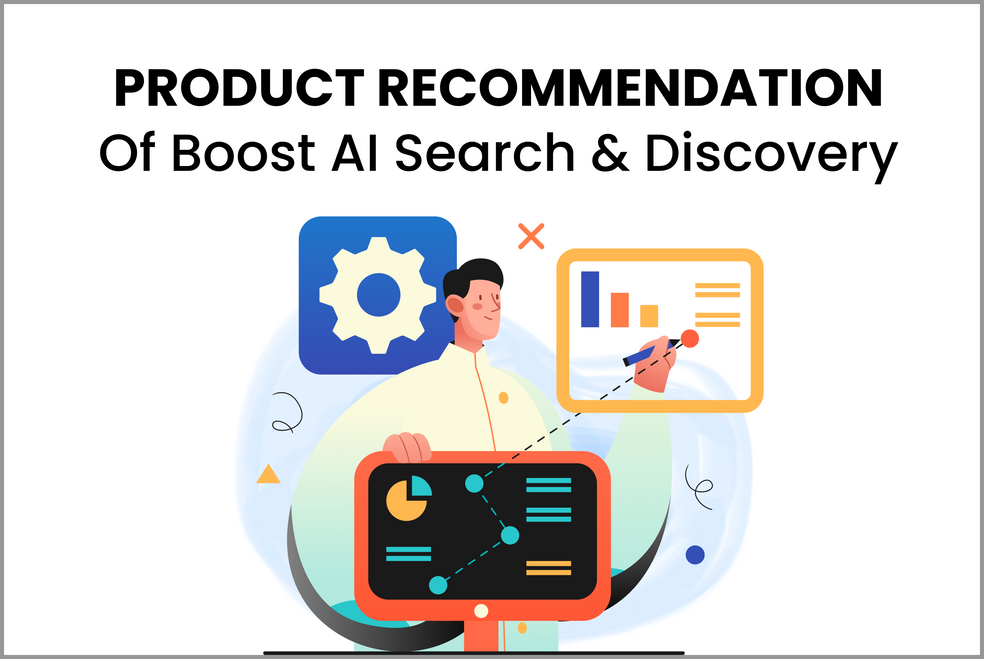What are AI Synonym Suggestions?
AI Synonyms or AI Synonym Suggestions are ways that eCommerce sites use artificial intelligence (AI) tools to make search results more accurate and relevant. It includes finding other words or phrases that are similar to a user’s search question and putting them in the search results.
For instance, if a user looks for “sneakers,” an AI program can offer alternatives like “running shoes” or “athletic shoes” to make sure that the search results show goods that are relevant. AI synonyms help eCommerce sites have a better overall experience for users and make it more likely that they will find and buy goods that meet their needs.
Different Types of AI Synonym Suggestions
Regional Synonyms
Regional synonyms are alternate terms for the same concept that are commonly used in a specific area. Words with similar meanings may be pronounced differently in different parts of the world for a variety of cultural, linguistic, and historical reasons.
Soda, for instance, can mean “pop” in some parts of the United States while “soft drink” is the preferred term elsewhere. The term “sub” is used interchangeably with “hoagie” in certain parts of the United States.
Regular Synonyms
Regular synonyms are words that regular synonyms share the same or a similar meaning with another word. They are widely employed in language to enrich expression and prevent monotony. Since they mean the same thing—a state of contentment or happiness—the words “happy” and “joyful” are frequently interchanged. Big and large, hot and warm, funny and humorous, and so on are all regular synonyms.
Abbreviations
Abbreviations are words or phrases that have been cut down. People often use them to save time and space when writing or speaking. “CEO” is an abbreviation for “Chief Executive Officer,” and “et cetera,” which means “and so on,” is shortened to “etc”.
Misspelled Words
Misspelled words are words that are written wrong but are close to how they should be written. Spelling mistakes can happen for a number of reasons, such as typing mistakes, autocorrect, or not knowing how to spell the word correctly. For instance, “recieve” is the wrong way to spell “receive”.
Plurals
Plurals are words that can be used to talk about more than one thing. They are a very important part of grammar and are often used to show how many things there are. For example, the plural of “book” is “books,” and the plural of “dog” is “dogs”.
One-way & two-way synonyms
One-way synonyms
A word or phrase is a one-way synonym if it is the same as another word or phrase, but not the other way around. For example, “sofa” is a synonym for “couch,” but “couch” is not a synonym for “sofa”.
Two-way synonyms
A two-way synonym is a word or phrase that is the same as another word or phrase, and vice versa. For example, “happy” and “joyful” are both synonyms for each other: “happy” is a synonym for “joyful,” and “joyful” is a synonym for “happy”.
How does AI synonym work? Introduce Boost AI synonym
AI synonym finds words and phrases that mean the same or almost the same thing by using natural language processing (NLP) algorithms and machine learning models.
The AI system can be taught to find patterns and relationships between words by looking at large sets of text, like product descriptions or customer reviews. The system utilizes this information to come up with synonyms or similar words that might be used in search algorithms or to describe products.
Using AI synonyms in eCommerce search can be done in different ways, such as:
- Rule-based systems: These use a set of rules that have already been set up to find synonyms based on certain criteria, such as the part of speech, how often a word is used, or the context.
- Statistical models: These systems use statistics to find connections between words and phrases based on how often they appear together and how often they appear together in text data.
- Deep learning models: These systems use neural networks to figure out how words and phrases are put together and what they mean, and they can come up with more complex and nuanced words that mean the same thing.
Boost AI synonym is a robust tool created by BoostCommerce to improve the effectiveness of online store search engines. It uses NLP algorithms and machine learning models to find related words and synonyms that can be used to refine and enhance search results.
Online stores can do more with Boost AI synonym by using it to:
- To capture a broader range of user search queries, incorporate regional synonyms, regular synonyms, abbreviations, misspelled words, and plurals into search algorithms.
- Find highly relevant synonyms to the user’s query to boost their position in search results.
- Generate synonyms and related words to enrich the product descriptions and aid shoppers in narrowing their choices.
How to integrate AI synonyms into Shopify search
Do you find it difficult to give Shopify users accurate search results? Adding artificial intelligence-generated synonyms to your Shopify search is one way to address this issue. We’ll show you a simple guide to adding artificial intelligence synonyms to your Shopify search, which will improve your customers’ search experience and ultimately lead to more purchases.
The Shopify app store features a number of artificial intelligence synonym apps from which you can make your selection. Find an app that suits your needs by researching and comparing its features and costs. When it comes to enhancing the quality and usefulness of search results for online shoppers, Boostcommerce’s AI synonym tool is an excellent option.
Get the app set up and ready to go: Download your preferred AI synonym app and set it up per the included instructions. Some examples of such instructions could be a list of acceptable synonyms broken down by category (e.g., “regional,” “standard,” “misspelled,” and “plural”).
Apps often let users tweak aspects of the search results page, such as which words were used to generate the results and whether or not they can use synonyms to narrow their search. Check that the AI synonyms are properly identifying relevant products by testing the search algorithm. Improve the search engine over time with data analytics and comments from users.
















